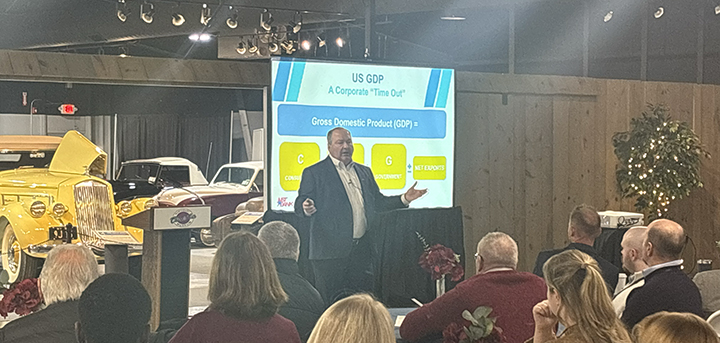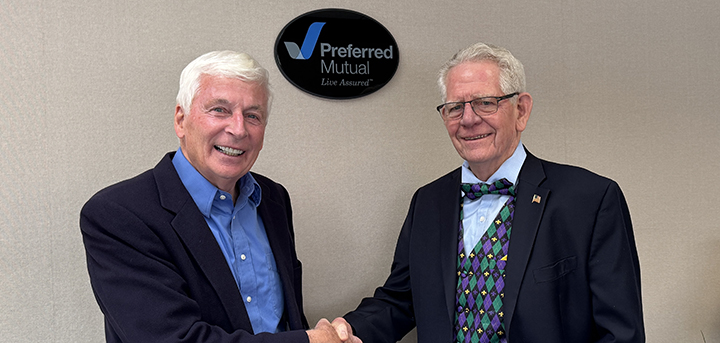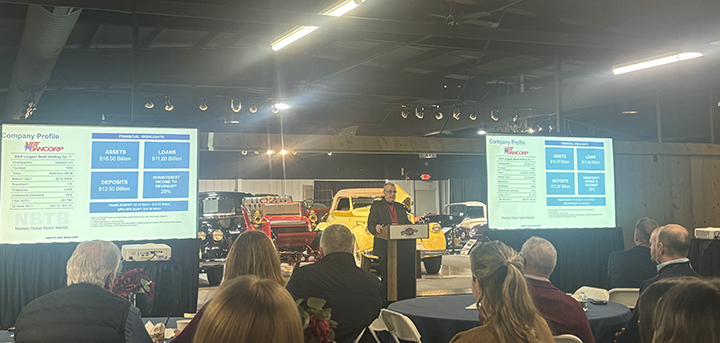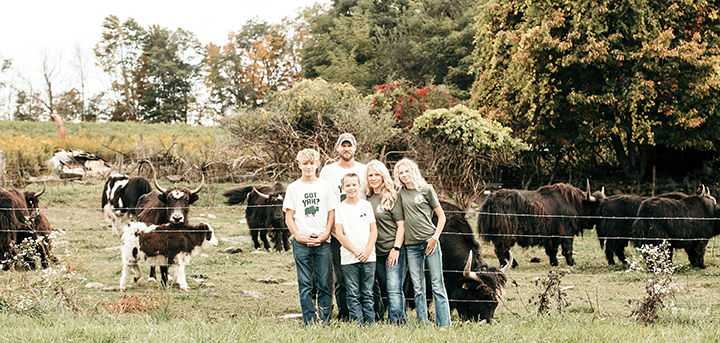‘Global warming’ could create opposite effect for us
In view of the winter season we and many other areas of the planet have experienced, it would appear that “global warming” is more like “global cooling.” Needless to say, we’ve all heard joking remarks to that effect this winter. But one year’s season, regardless of the temperature and precipitation extremes, is but a millisecond in the Earth’s climate history and change patterns.
During the last 2 billion years the Earth's climate has alternated between a frigid "Ice House", like today's world, and a steaming "Hot House", like the world of the dinosaurs. How could there be fossils of tropical and temperate climate species in Antarctica, a continent that is now permanently covered with ice and snow? It is the result of the constant and ongoing dynamic changes the earth experiences, both in climate and land plate tectonics (continental shifting).
Al Gore’s Nobel Peace prize-winning book “An Inconvenient Truth” which focused on “global warming” has been the basis of arguments among the scientific community, both pro and con, ever since it appeared. The primary arguments center on: is global warming primarily the result of carbon dioxide emissions generated by man, and can it be neutralized, or is it just a natural climatic occurrence that the Earth periodically experiences? Gore's recent Washington D.C. conference on the topic during one of the coldest days of recent years provided joke fodder for several talk show hosts.












Comments